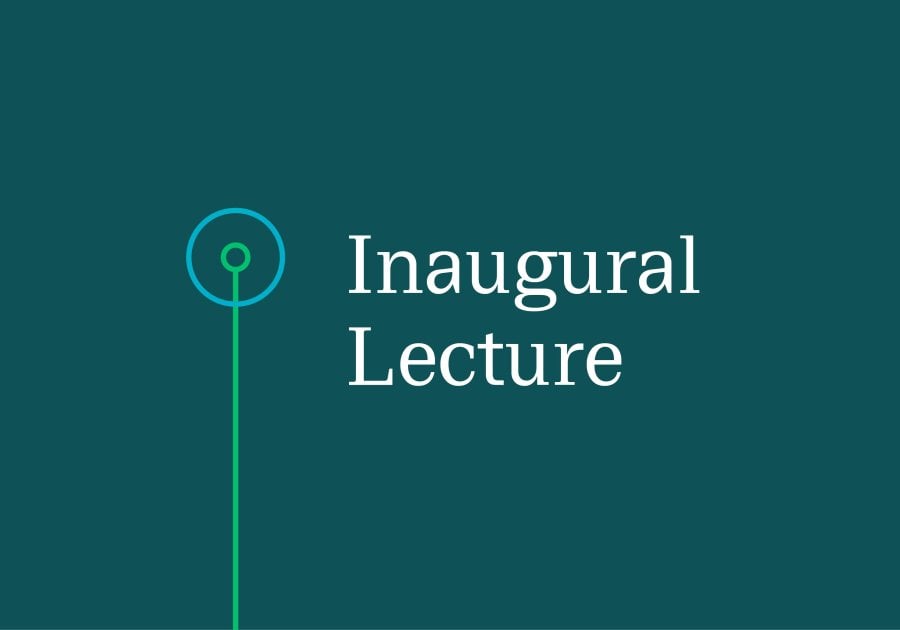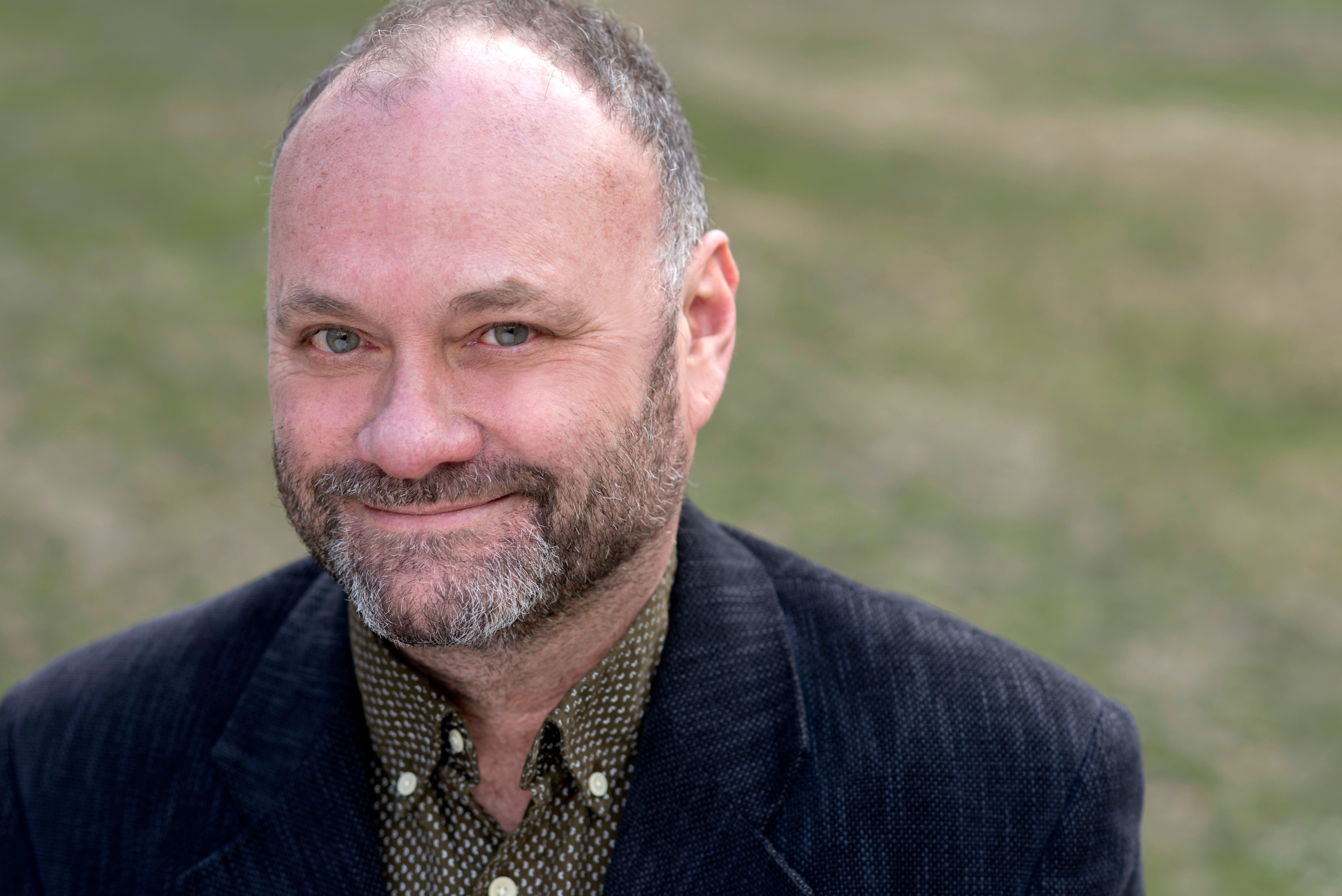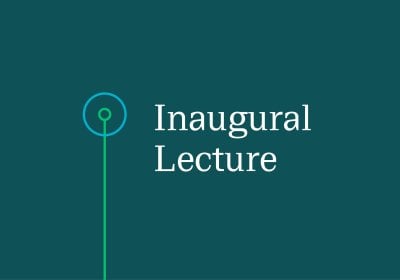Sufferings, friendly societies and the common welfare
A journey through the history of health systems

Over the last two hundred years, national governments and international agencies have become ever more involved in the health of the people. Sometimes, as in Britain, this has led to direct financing and provision through a National Health Service. Elsewhere it has meant using policy instruments to structure the activities of the public, private and third sectors. Today we conceive of this sphere as the ‘health system’ - the complex mix of laws, institutions, workforce, technologies and financial flows to which policy can be applied to improve population health.
In this lecture, Martin Gorsky discusses a career exploring the social and political history of health systems. The backdrop has been a changing technology of research, moving from paper and pencil in dusty archives to elaborate digital methodologies. He describes his work on health care before the welfare state, showing how statistical analysis of friendly society sickness insurance and of voluntary hospital performance can illuminate the advance of state agency. He then presents some of his findings on health policy-making in the twentieth century, both in Britain, in comparable high-income countries and in international organisations, showing how history can help us think critically about the exercise of power, the role of vested interests and the institutional constraints on change.
History is a discipline with one foot in the social sciences and another in the humanities. It aims to document and understand change through verifiable analysis of surviving evidence. Yet while the facts of the past may not change, their interpretation certainly does. The old saw that ‘every generation writes its own history of the past’ contains an important truth. Throughout his talk, Martin reflects on the values and politics, both internal and external, which have shaped the histories he writes.
Speaker
Professor Martin Gorsky, Professor in the History of Public Health, LSHTM
Please note that you can join this event in person or you can watch the live broadcast.
Admission
Contact


